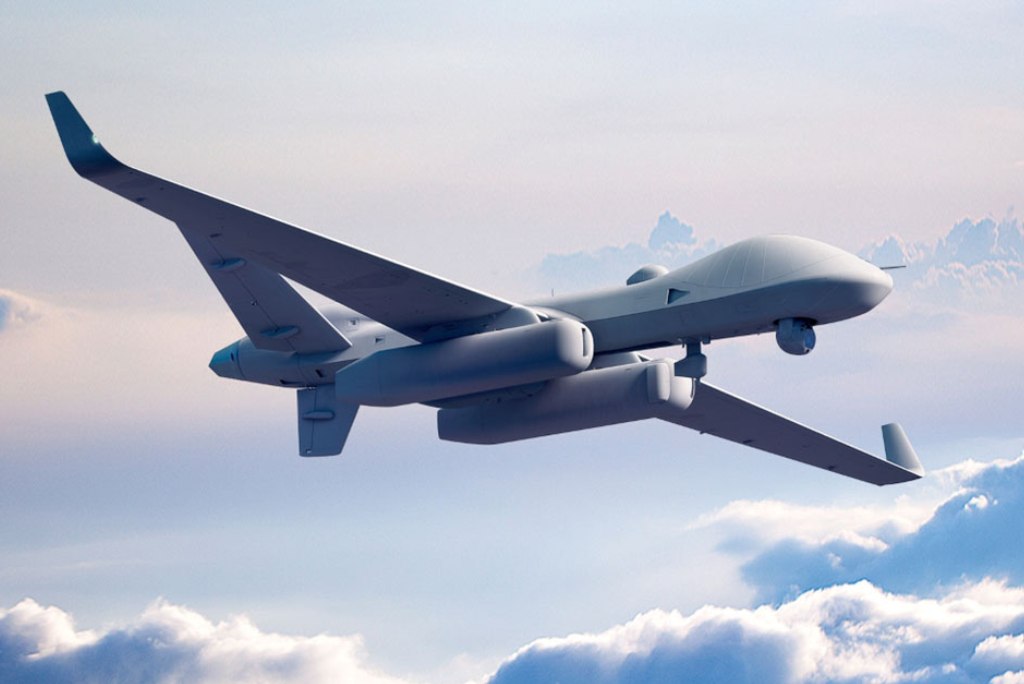Loss of Senior Russian Naval Commander Amid Ongoing Conflict
Overview of the Incident
On July 2, 2025, Major General Mikhail Gudkov, the deputy commander of the Russian navy, was reported killed during combat operations in the Kursk region. His death marks a significant event in the continuing military engagements following Russia’s incursion into Ukraine, which began in February 2022.
Background of the Commander
Major General Gudkov, aged 42, had a commendable military career that began in 2000. He was distinguished with the title of “Hero of the Russian Federation” by President Vladimir Putin in 2023, an accolade that recognizes exemplary service within the Russian armed forces. This honor places Gudkov among a select group of officers who have demonstrated exceptional bravery and leadership.
- Military Career:
- Former commander of the 155th Guards Naval Infantry Brigade of the Pacific Fleet.
- Notable for his active presence at frontline positions despite ascending to senior command.
Gudkov had been acknowledged for his indomitable spirit and was regarded as a dedicated officer who was not deterred by his senior rank. Oleg Kozhemyako, the governor of Primorye—a region in Russia’s Far East—remarked on Gudkov’s valor and commitment, emphasizing that he often engaged personally with troops on the ground.
Implications of His Death
The loss of such a senior figure raises numerous questions regarding accountability and strategic vulnerabilities within the Russian military apparatus. Gudkov’s death signifies not only a personal tragedy for his family and comrades but also reflects the enduring volatility of the conflict in Ukraine.
- Key Considerations:
- This incident underscores the challenges faced by Russian forces operating in contested regions.
- With Gudkov being one of the most senior military officials killed since the start of the Ukraine crisis, it can be surmised that this loss may have implications for morale and operational command within the Russian Navy.
The Strategic Landscape
Despite Russia’s earlier claims that it had regained control over areas in Kursk following a surprise Ukrainian counteroffensive that captured substantial territory last year, skirmishes continue along this volatile border. This ongoing friction reflects the complexities of maintaining territorial integrity while under persistent pressure from Ukrainian forces.
- Contextual Factors:
- The persistent conflict has led to significant operational challenges for Russian commanders, further complicating military strategies.
- Ukrainian advancements have demonstrated their capability in executing coordinated offensives, compelling Russian forces to adapt rapidly to evolving ground realities.
The combat dynamics in the Kursk region serve as a reminder of the unpredictable nature of modern warfare and the high-stakes environment in which military leaders operate. As Russia navigates these challenges, the continuing loss of experienced leaders like Gudkov will likely necessitate a reevaluation of strategic approaches within the navy and the broader military establishment.
Conclusion
The death of Major General Mikhail Gudkov not only represents the loss of a prominent military leader but also highlights the ongoing ramifications of the complex conflict in Ukraine. As military operations continue and the scope of engagement intensifies, the implications of leadership losses like Gudkov’s will resonate throughout the Russian armed forces, affecting both tactical operations and overall military strategy moving forward.





